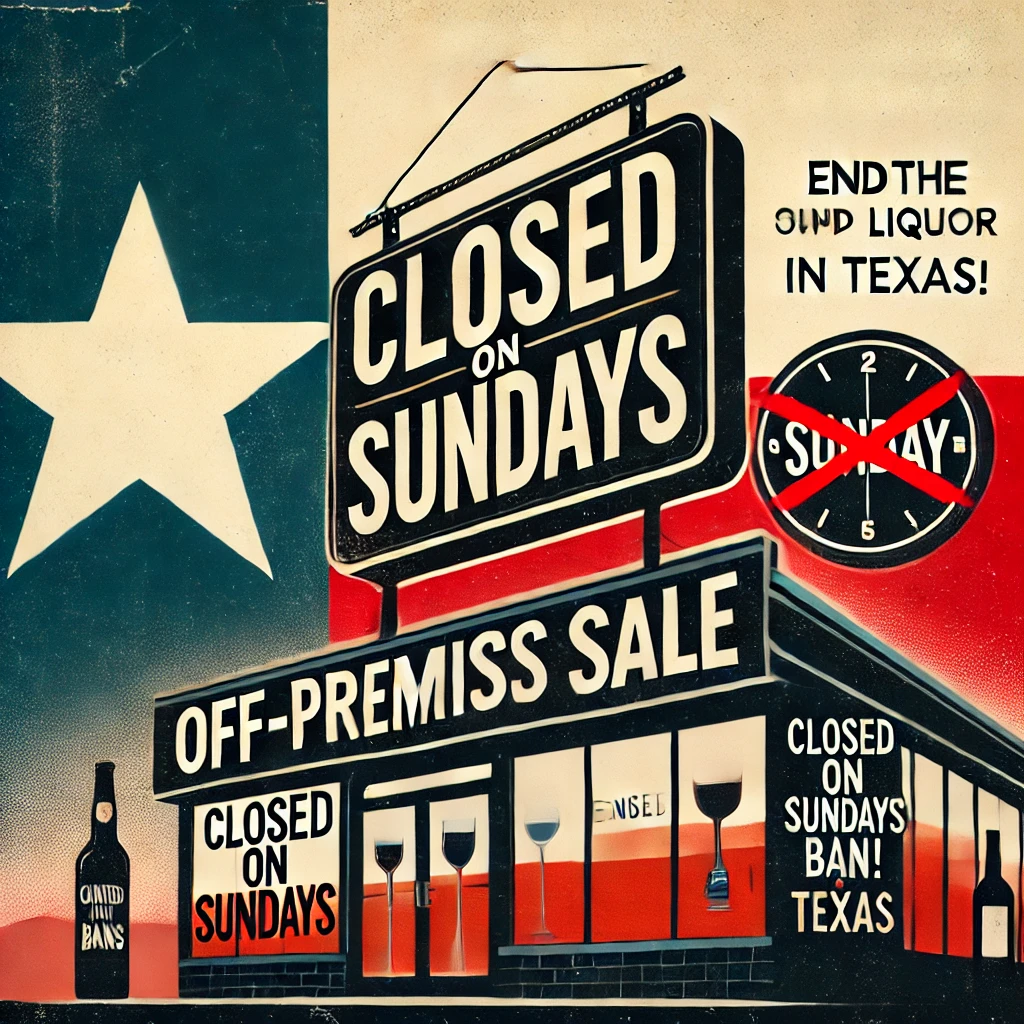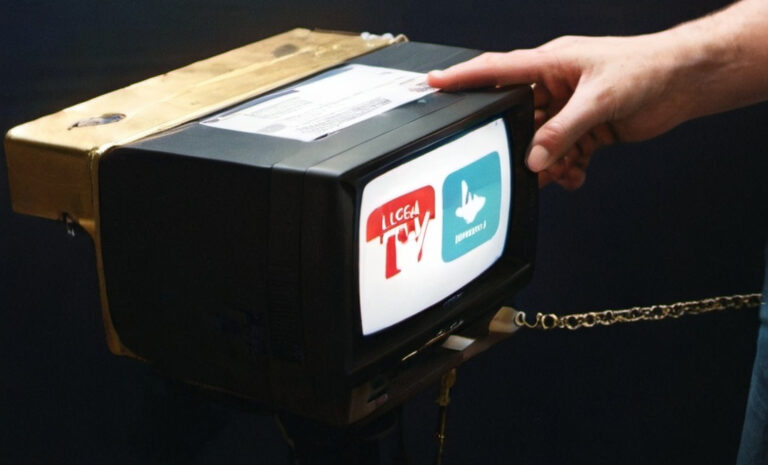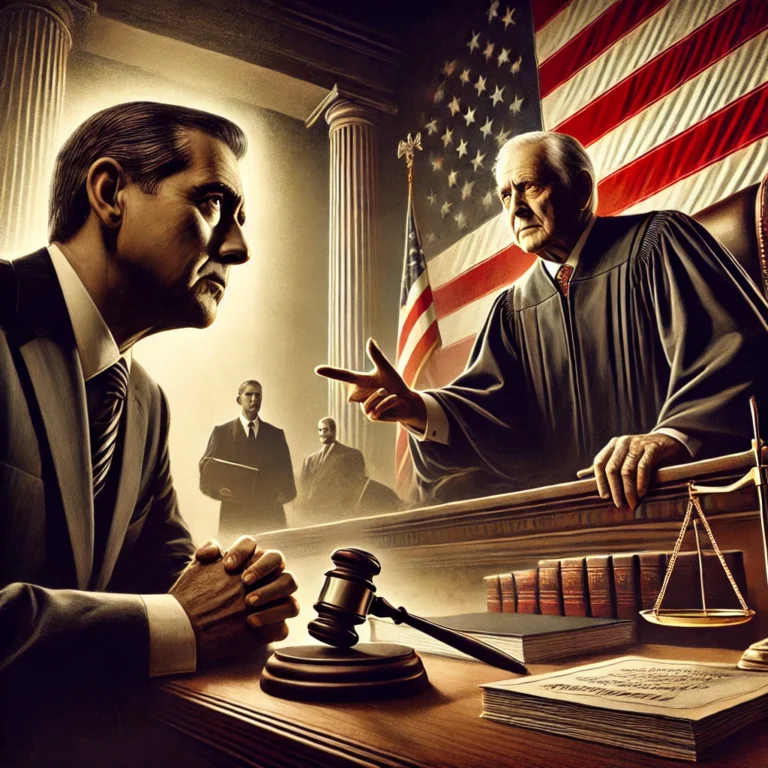
The History of Sunday Liquor Off-Premise Sale Bans in Texas
Sunday liquor off-premise sale bans have been a long-standing issue in Texas, rooted in historical, religious, and social influences. These bans prohibit the sale of liquor in stores and other off-premise locations on Sundays, while beer and wine sales are permitted during specific hours. Understanding the history of these laws provides insight into the evolving attitudes toward alcohol regulation in the state.
Origins of Sunday Liquor Sale Bans
The origins of Texas’ Sunday liquor sales ban trace back to the early 20th century when the temperance movement was gaining traction across the United States. This movement, driven by religious and moral beliefs, sought to limit alcohol consumption, leading to prohibition laws and regulations restricting alcohol sales.
Following the repeal of national Prohibition in 1933, Texas passed the Texas Liquor Control Act in 1935, which established the Texas Alcoholic Beverage Commission (TABC) and regulated alcohol sales in the state. As part of these regulations, Texas prohibited liquor sales on Sundays, aligning with the traditional “blue laws” that restricted various commercial activities on Sundays for religious observance.
Attempts to Repeal the Ban
For much of the 20th century, the ban remained largely uncontested. However, by the late 20th and early 21st centuries, attitudes toward alcohol regulation began shifting. Many states, including Texas’ neighbors Louisiana and Oklahoma, relaxed or repealed similar laws, prompting discussions about modernizing Texas’ liquor laws.
Despite multiple legislative efforts, Texas maintained its prohibition on Sunday liquor sales for decades. The most significant change came in 2021, not 2019 as previously stated. The Texas Legislature passed House Bill 1518, which expanded the hours for Sunday beer and wine sales but did not lift the ban on liquor sales. As of today, liquor stores in Texas remain closed on Sundays, as required by the Alcoholic Beverage Code (Section 105.01).
Current Status of Sunday Liquor Sales in Texas
As of 2024, liquor stores are still required to remain closed on Sundays, as well as on Thanksgiving, Christmas, and New Year’s Day. The push to allow Sunday liquor sales continues, but no bill has successfully repealed the longstanding restriction.
In summary, Texas still prohibits liquor sales on Sundays, contrary to the claim that the ban was repealed in 2019. Efforts to change this law remain ongoing, reflecting evolving perspectives on alcohol regulation and economic concerns.
The Impact of Sunday Liquor Off-Premise Sale Bans on Local Businesses
The continued prohibition of Sunday liquor sales in Texas has significant economic implications, particularly for small businesses.
Challenges for Local Liquor Stores
Small liquor stores and independent retailers face disadvantages due to the Sunday sales ban. Unlike grocery and convenience stores, which can sell beer and wine on Sundays, liquor stores must remain closed, leading to lost revenue. Many argue that lifting the ban could help local businesses compete with neighboring states where liquor sales are permitted seven days a week.
Border Shopping and Lost Revenue
One key economic concern is cross-border shopping. Residents living near Louisiana, Oklahoma, or New Mexico often drive across state lines to purchase liquor on Sundays, diverting potential tax revenue from Texas to neighboring states. Repealing the ban could help retain that revenue and support Texas-based businesses.
Tourism and Consumer Convenience
Tourists and new residents from states without Sunday liquor restrictions often find Texas’ laws inconvenient and outdated. Many businesses in the tourism and hospitality industry argue that lifting the ban would improve consumer convenience, making Texas a more competitive destination.
Counterarguments: Social Responsibility vs. Economic Gain
Opponents of repealing the ban argue that restricting liquor sales on Sundays helps curb excessive alcohol consumption and promotes social responsibility. However, studies suggest that allowing liquor sales on Sundays does not necessarily lead to an increase in alcohol-related incidents, as seen in states that have lifted similar bans.
In conclusion, the Sunday liquor sale ban continues to have economic ramifications for businesses while consumer demand and industry advocacy for change persist.
The Debate Surrounding the Repeal of Sunday Liquor Off-Premise Sale Bans in Texas
The controversy over Sunday liquor sales in Texas reflects a broader debate about balancing economic interests, personal freedoms, and historical traditions.
Arguments for Keeping the Ban
- Religious and Traditional Values: Many supporters believe that Sundays should be reserved for rest and worship, in line with Texas’ historical blue laws.
- Public Health and Safety: Some argue that restricting liquor sales reduces excessive drinking and potential alcohol-related incidents.
- Support for Small Liquor Store Owners: Some store owners prefer to keep Sundays as a guaranteed day off without the pressure of competition.
Arguments for Repealing the Ban
- Economic Growth: Lifting the ban could generate more tax revenue and create jobs.
- Consumer Convenience: Allowing liquor sales on Sundays would align Texas with most other states and provide consumers with more flexibility.
- Eliminating Arbitrary Restrictions: Many believe that the ban is outdated and inconsistent, given that beer and wine can be purchased on Sundays while liquor cannot.
Future Prospects
The push for Sunday liquor sales in Texas remains an ongoing debate. While past efforts have failed, growing support from businesses and consumers may eventually lead to policy changes in the future.



